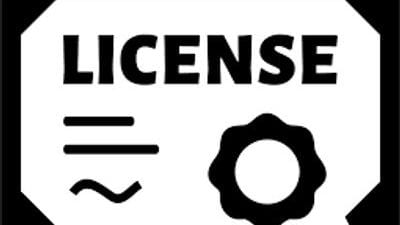Complete Guide to PSARA License Registration
Private security agencies play a significant role in ensuring safety and protection in today’s world. To regulate their operations, the Government of India mandates these agencies to acquire a PSARA License under the Private Security Agencies Regulation Act, 2005 (PSARA). This license is essential for establishing and running a private security business legally and professionally.
What is a PSARA License?
A PSARA License is a legal requirement for private security agencies (PSAs) in India. It ensures that these agencies operate within the framework of the law, maintaining high standards of service while prioritizing public safety. The license is issued by the Controlling Authority of the respective state where the agency intends to operate.
Benefits of Obtaining a PSARA License
- Legal Compliance: A PSARA License allows security agencies to operate legally without the risk of penalties or closure.
- Enhanced Credibility: Licensed agencies are perceived as trustworthy and reliable by clients, boosting their reputation in the market.
- Operational Flexibility: With this license, agencies can expand their services across multiple states with additional approvals.
- Access to Government Tenders: Only licensed agencies can participate in government security contracts, unlocking significant growth opportunities.
Who Needs a PSARA License?
Any business or individual planning to establish a private security agency in India must obtain a PSARA License. This applies to agencies providing security personnel, bodyguards, or surveillance services to commercial establishments, residential areas, and individuals.
Requirements for PSARA License Registration
To apply for a PSARA License, the following prerequisites must be met:
- Eligibility: The applicant must be an Indian citizen or a company registered in India.
- Educational Standards: Security personnel must undergo prescribed training and meet specific qualification standards.
- Police Verification: A thorough background check of the applicant and key personnel is conducted by the police.
- Financial Stability: The agency must demonstrate adequate financial capacity to operate a security business.
Step-by-Step Process for PSARA License Registration
- Documentation: Collect all necessary documents, including company registration certificates, employee training records, and proof of financial stability.
- Application Submission: Submit the application to the Controlling Authority of the respective state along with required fees.
- Police Verification: Complete the mandatory police verification process for all directors and key employees.
- Approval: Upon successful verification, the Controlling Authority issues the PSARA License.
Challenges in Obtaining a PSARA License
While the process is straightforward, applicants often face challenges such as:
- Lengthy documentation and approval procedures.
- Varying state-level regulations and requirements.
- Stringent training and compliance standards for security personnel.
Conclusion
Acquiring a PSARA License is crucial for anyone looking to establish a private security agency in India. It not only ensures compliance with legal norms but also enhances the credibility and operational scope of the business.
Given the complexities involved in the registration process, it is advisable to seek professional assistance to navigate the requirements efficiently. By obtaining a PSARA License, security agencies can contribute to creating a safer environment for businesses and communities while unlocking new growth opportunities in a regulated industry.
